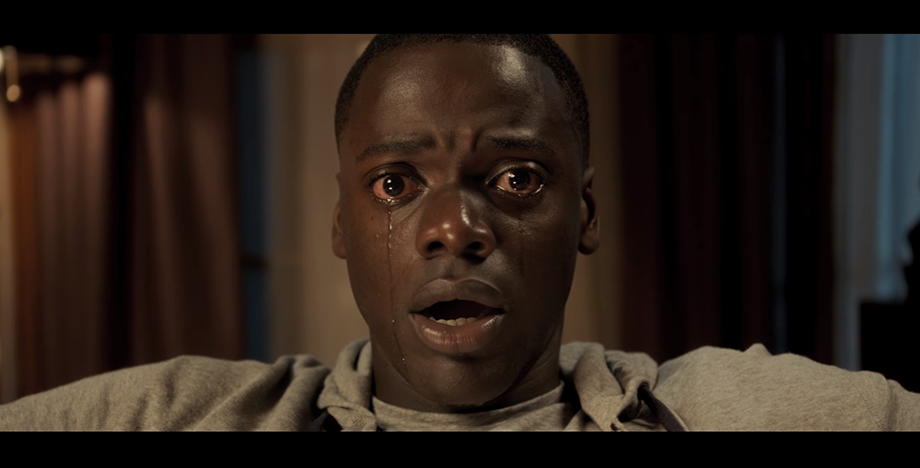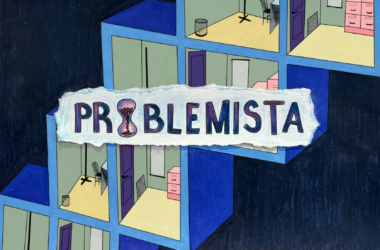Jordan Peele, the comedian behind modern day classics such as “Key and Peele – Substitute Teacher” and “Key and Peele – East vs. West Coast Bowls,” caused a moderate stir last year when he announced that his directorial debut, entitled Get Out, would show him experimenting in the horror genre.
Following Peele’s action comedy Keanu (2016), Get Out, released Feb. 24, is one of the most well-crafted, genuinely unsettling, and thought-provoking horror films in the past decade.
The premise is conventional enough, but the film’s horror emerges in the racial tensions underlying everyday interactions. A young black photographer, Chris (Daniel Kaluuya), visits his white girlfriend Rose’s (Allison Williams) parents’ country estate for a weekend. Rose’s parents are allegedly unaware of his race, and claim to be an adamantly progressive couple—Rose’s father (Bradley Whitford) repeatedly mentions his undying love for the Obama administration. Awkward moments are obligatory with any meet-the-parents situation, but as Chris makes a series of increasingly alarming discoveries, the family’s casual racism is revealed to be something of a much more sinister variety.
This is not horror in the vein of Paranormal Activity. It doesn’t rely on slow pans, mirror tricks, or other lazy jump scare conventions to build suspense. Rather, Get Out weaves together dark humour, cutting social satire, and an inescapable, bubbling dread to place the viewer directly into the protagonist’s uncomfortable perspective.
The perpetual prospect of sudden violence being inflicted on black bodies is at the heart of Get Out’s horror. The bulk of the movie’s satire, though, is derived from the ways through which racism manifests itself in everyday situations. Right from the opening scene, the audience is thrust into the heightened sense of awareness and danger that persists throughout the film. Get Out opens with a young black man (Atlanta’s LaKeith Stanfield) deciphering MapQuest directions, which have led him to the heart of white suburbia. As a car slowly inches up beside him, he expresses panic, but continues nervously walking. This scene will feel familiar to anyone who’s seen Halloween, or any other slasher film in the past 20 years. With the added racial subtext, it’s all the more unsettling in the post-Trayvon Martin era.
The superficiality of a “post-racial” America—Get Out was written during the Obama years—is highlighted by Peele’s impeccable comedic timing, but also by the two seamless performances from its leading couple. Kaluuya’s Chris is wary, observant, and eventually filled with righteous fury—effectively subverting the slasher film trope of killing the black character first. Opposite him, Allison Williams works wonders as Chris’ socially conscious girlfriend. She criticizes her parents’ microaggressions, and confronts racial profiling when a cop asks for Chris’ identification after they get into a car accident—even though she is the driver. Her progressive, role in their interracial relationship is played to conspicuous perfection, giving just enough clues as to her true motives, but never revealing too much.
Get Out maintains a taut balance of suspense through to its final act, and the carnage that follows is nothing short of cathartic. While conforming to the constraints of the horror genre, Peele seamlessly weaves in his distinct comedic voice. The scares are deployed with careful restraint, adding to the larger commentary rather than distracting from it. Get Out’s mission is not to make your heart pound over its 103 minutes,—although it accomplishes this with ease—but instead shake up your conciousness about racism in America. This is not a film that conceals social allegory beneath layers of metaphor—the source of the horror is crystal clear. Peele’s movie refreshingly succeeds in destabilizing perspective, and shocking viewers into understanding the horrific facade of the myth of “post-race” America.









